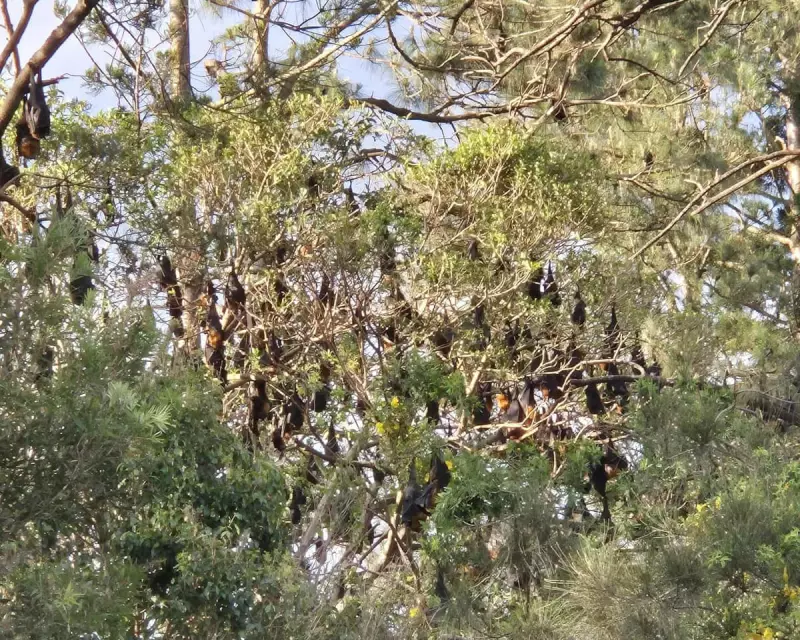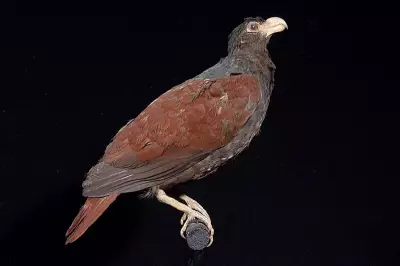
A regional council in Queensland is proposing a radical property buy-back scheme for residents whose lives have been severely disrupted by a large and growing colony of protected flying foxes.
A Noisy and Smelly Nuisance
The Gympie Regional Council, located about 170km north of Brisbane, has endorsed a long-term management plan to address the issue of a nationally significant roost of bats in Commissioners Gully. The plan explores options from vegetation management to dispersal, but the most notable proposal is a potential scheme to purchase 20 or more properties adversely affected by the animals.
Gympie's mayor, Glen Hartwig, stated that the buy-back plan is entirely reliant on funding from state and federal governments. He expressed frustration, telling Guardian Australia that council efforts are "limited by legislation" protecting the bats. "The bottom line is that they've created a problem," Hartwig said. "They should fund a solution."
Life Under the Roost
For residents like Kyla Reen, who lives just metres from the gully, the situation has become unbearable. "The noise is horrendous and it doesn't stop," Reen reported. She also detailed the constant battle against black dust from flying fox poo that infiltrates her home through flyscreens, coating her furniture and railings.
"I can't hang my washing out outside," Reen explained, stating she is forced to dry laundry indoors. She keeps her windows shut in a futile attempt to keep the mess at bay and finds herself staying inside to avoid the polluted air. The problem has intensified, as the bats, which previously migrated during colder months, have now taken up permanent residence.
An Ecological Conundrum
Adam McKeown, a senior CSIRO ecologist, confirmed that the issues described by residents are genuine. "The reality is, they do smell, they do poo a lot in the camps. They do make a lot of noise at four o'clock in the morning," he said. McKeown, who has two decades of experience with flying foxes, noted a wider trend of bats moving into urban areas over the last 20 to 30 years, possibly due to a lack of predators and reliable resources.
He described the management of urban flying fox camps as "a very difficult problem" for local authorities. "You can disperse the camps that are in an urban area, but the animals actually want to be in that urban area," McKeown explained, adding that in areas like Gympie, the bats typically forage in native forests but choose to roost in town.
While Mayor Hartwig has held "very productive" conversations with the state government, funding for a buy-back is not guaranteed. A federal environment department spokesperson pointed to existing guidelines for councils, and a Queensland government spokesperson highlighted a grant program for managing roosts, but neither committed to the purchase scheme. The flying foxes remain protected under both state and federal environmental laws.





